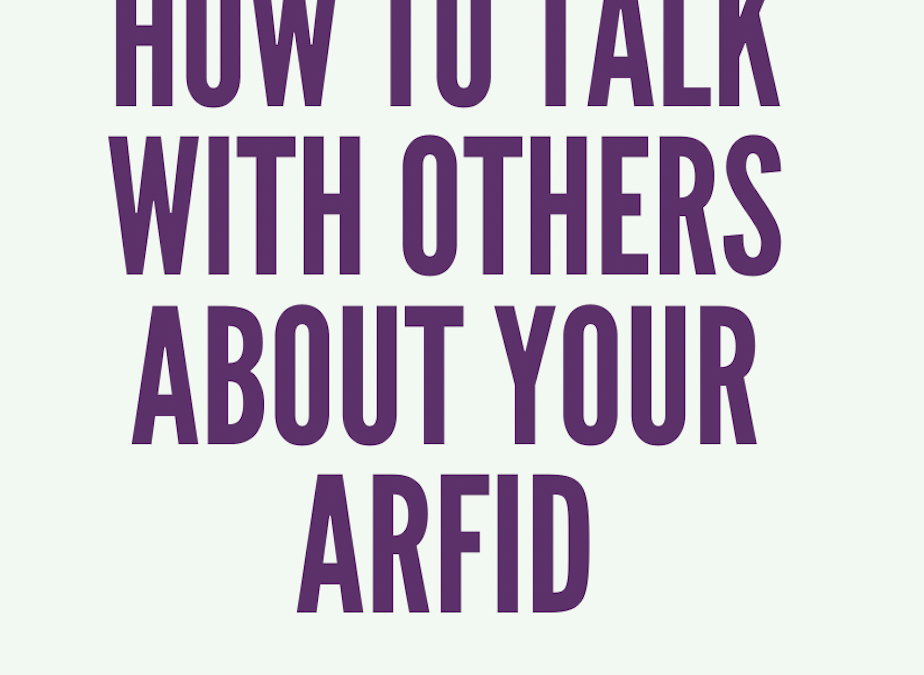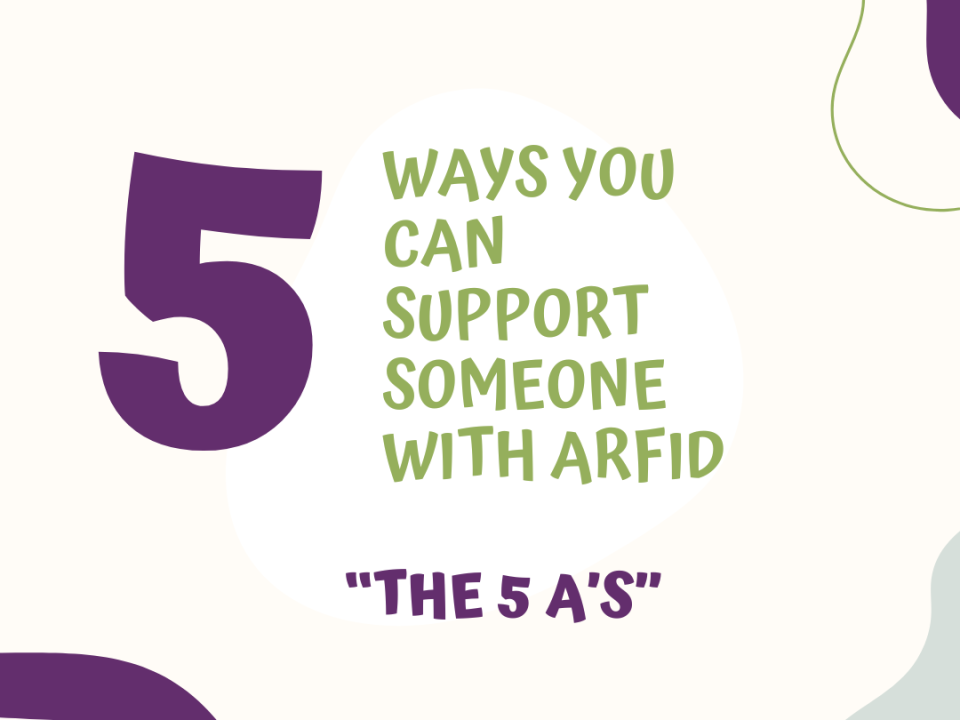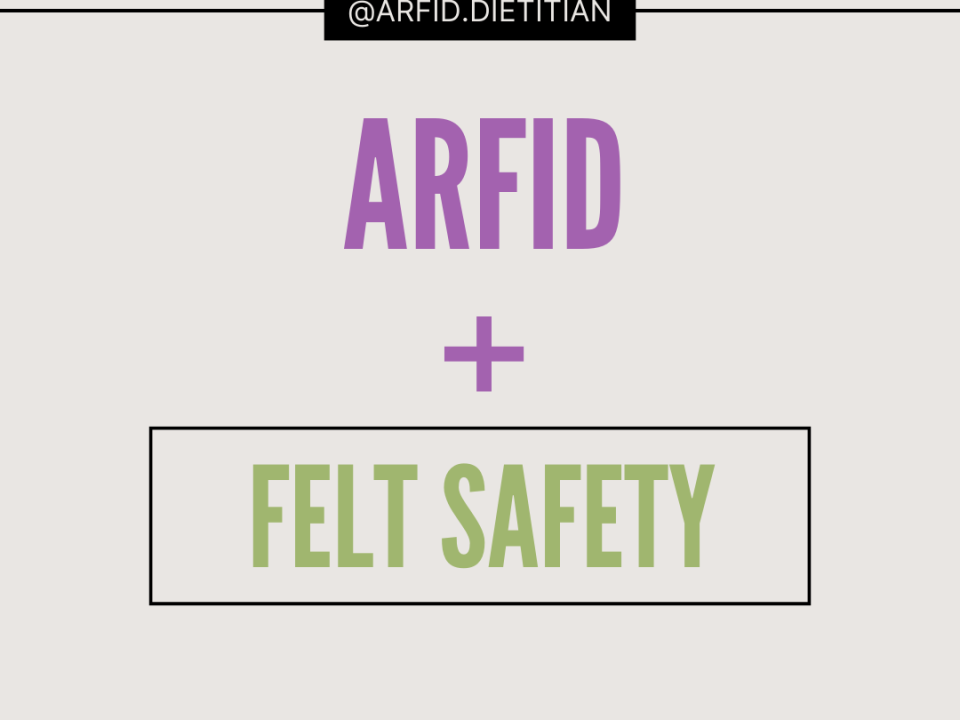How to Talk with Others About Your ARFID

How to Meal Plan with ARFID
October 17, 2023
Appetite versus Hunger + ARFID
May 22, 2024One question that comes up often in our support groups is how to talk with others about your ARFID. So if this is a question you have I hope these ideas/suggestions help you!
1.Share with individuals you are comfortable with.
It may not feel safe to share with everyone in your life. Know that it’s ok to not to share your diagnosis at all and it’s also ok to share with those you feel safe around.
2. Share what feels comfortable. You may not be ready to share every detail of your diagnosis or experience. It also may be difficult to find the words or even know what to share with them.
3. Help them understand what you are experiencing by sharing something they can relate to.
To understand the fear you experience around eating/trying new foods. Others may not be able to relate to the fear or anxiety to experience around food and eating but they may be able to relate to fear of heights or spider.
Another way to describe ARFID is as a disability. Just like someone who needs a wheelchair to move from one place to another, I need specific accommodations to be able to eat.
4. Provide a written resource (handout, blog post, book, PODCAST).
It may be hard to verbally communicate and a written or audio resource may help.
One resource I always share is this ARFID One Pager that I created to both educate my clients as well as provide as a resource that my clients can use to help educate families, friends and providers.
Here are even more resources on ARFID that you can share with others.
5. What to say if you are not comfortable sharing your diagnosis, but need a food accommodation?
Some have found it helpful to say they have a “dietary need” to explain why they may need a specific food. (instead of calling it ARFID or an allergy)
If you are looking for community support to help with ARFID healing there are still spots available in our Adult ARFID Community. If you are unsure about joining the community but want to check it out you are able to drop into a group to see if it’s a good fit for you!




